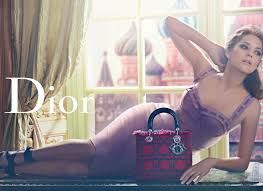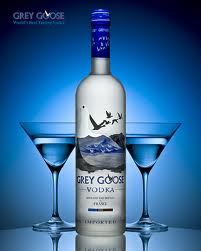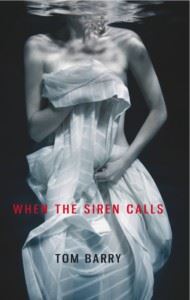 Cars and handbags are both much of a muchness. Anyone who spends more than $10,000 on a car is interested in something other than mobility and comfort. Anyone who spends more than $100 on a handbag wants something other than quality and functionality.
Cars and handbags are both much of a muchness. Anyone who spends more than $10,000 on a car is interested in something other than mobility and comfort. Anyone who spends more than $100 on a handbag wants something other than quality and functionality.
Yet many of us clamour to spend over ten times, in some cases over one hundred times, what we need to for essentially the same product. Is a badge or a designer label really worth that premium?
The answer is yes, otherwise we wouldn’t spend the extra. We are, after all, rationale human beings. And luxury brands are as recession proof as canned pet food; Bentley and Dior have been around over 100 years; come famine or flood we still want what we don’t need.
 I’ve given up fighting the corner for the dependable Smirnoff when arguing with my daughter that all Vodkas are the same. When I’m paying, she still insists on premium Grey Goose, right before she drowns it in slimline tonic and throws in a slice of lime. “For pity’s sake,” I used to say, “the damn thing is colourless, odourless and tasteless, it’s simply impossible to tell the difference.” That’s just before I ask the waiter to run through what draft lagers he has, because as any guy will tell you, no two beers are the same. And she says, “listen schmuck, Grey Goose comes from France (not Russia) and is made from wheat (not potatoes), and apart from that I’ll drink what I frigging want, so make it a double.” In the words of the man in black, the great Johnny Cash, you gotta know when to hold, when to fold, and when to walk away.
I’ve given up fighting the corner for the dependable Smirnoff when arguing with my daughter that all Vodkas are the same. When I’m paying, she still insists on premium Grey Goose, right before she drowns it in slimline tonic and throws in a slice of lime. “For pity’s sake,” I used to say, “the damn thing is colourless, odourless and tasteless, it’s simply impossible to tell the difference.” That’s just before I ask the waiter to run through what draft lagers he has, because as any guy will tell you, no two beers are the same. And she says, “listen schmuck, Grey Goose comes from France (not Russia) and is made from wheat (not potatoes), and apart from that I’ll drink what I frigging want, so make it a double.” In the words of the man in black, the great Johnny Cash, you gotta know when to hold, when to fold, and when to walk away.

When the Siren Calls
In When the Siren Calls, a satire of the lifestyle of the jet-set, a tale in which infidelity is ubiquitous, suave marketer Jay crosses swords with his hard nosed business partner Andy on why we want luxury:
“Andy, that is a very fancy watch you are wearing. A Hublex, I believe. The Timemaster model if I’m not mistaken. How much did you pay for that?”
“It was an anniversary present from Kate,” said Andy, narrowing his gaze.
“Well, just so you know, last time I looked that particular model cost the same as a small family car. That is for a few ounces of pressed steel, weighing no more than one of the wheel nuts on your Skoda. And, by the way, the car comes with a clock too.”
Andy did not welcome the digression, but felt obliged to defend his wife’s generosity. “This watch has one of the finest Swiss movements. It is a masterpiece of craftsmanship.”
“You read that on the box I suppose?” said Jay. “The fact is you are wearing that watch because it makes you feel good, not because it keeps good time. That is intangible value. That is why we have freshly squeezed orange juice, why we have Egyptian cotton sheets, and why we have brochures made with parchment paper, not toilet paper. Because we are selling a luxury product, just like your Hublex. Surely you can see that?”
And Jay, amoral alley cat that he is, has it about right. Despite what the glitzy advertising would have us believe, we want luxury products because of how they make us feel, not how they look or what they do.
If you’d like more of Jay’s pithy insights while you’re being entertained by his bedroom and boardroom antics, then now’s the time to sample When the Siren Calls, it’s one click away on Amazon 